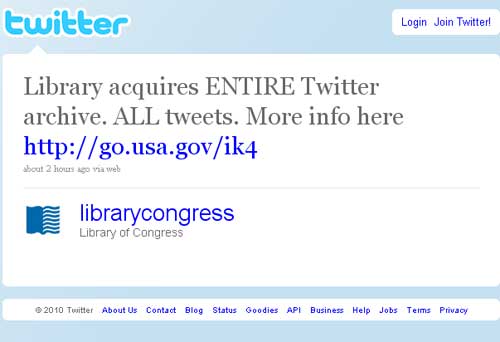Today, President Obama will sign a bill into law that The White House calls “a win for American consumers, a win for wireless competition, and an example of democracy at its best.” It’s the Unlocking Consumer Choice and Wireless Competition Act, and it will allow consumers to unlock their cellphones to work on other carriers.
“The most important part of this joint effort is that it will have a real impact. As long as their phone is compatible and they have complied with their contracts, consumers will now be able to enjoy the freedom of taking their mobile service — and a phone they already own — to the carrier that best fits their needs. At a time when partisan gridlock all too often threatens progress on everyday issues that matter to consumers, working together we listened to your voices, and the American people benefited as a result,” says the White House.
In other words – this kind of legislative smooth sailing is rare. Cherish it, folks.
Here’s a little background on the whole cellphone unlocking saga:
In January of last year, unlocking new cellphones became illegal via a decision from the Library of Congress. In short, they reversed their decision to exempt cellphone unlocking from the Digital Millennium Copyright Act (by opting not to renew the exemption). It’s still legal to unlock phones purchased before January 26th, 2013, but doing so on any device purchased after that cutoff mean you could run afoul of the DMCA.
Quickly after, a petition on the White House’s We The People site garnered 114,000 signatures. It demanded a simple task of the administration: Make Unlocking Cellphones Legal.
The White House responded – emphatically.
“The White House agrees with the 114,000+ of you who believe that consumers should be able to unlock their cell phones without risking criminal or other penalties,” said Senior Advisor for Internet, Innovation, & Privacy David Edelman. “In fact, we believe the same principle should also apply to tablets, which are increasingly similar to smart phones. And if you have paid for your mobile device, and aren’t bound by a service agreement or other obligation, you should be able to use it on another network. It’s common sense, crucial for protecting consumer choice, and important for ensuring we continue to have the vibrant, competitive wireless market that delivers innovative products and solid service to meet consumers’ needs.”
All that was left to make it happen was for Congress to act. Senator Patrick Leahy authored the Unlocking Consumer Choice and Wireless Competition Act, and it got a companion bill in the House. The House measure was passed in February and the Senate Judiciary Committee approved Leahy’s bill earlier this month. Last week, the full Senate unanimously passed the bill, sending it over to the House. They also passed it unanimously.
It went to Obama’s desk, and he’s signing it today. Congratulations, it’s no longer a crime to do what you want with something you own.
Unfortunately, the new law only restores the exemption to the DMCA that allows consumers to unlock their cellphones and change wireless providers when their contracts expire. It doesn’t address the bigger problem – the DMCA itself. The exemption will be up for renewal again in a few years.
Image via White House, Flickr
